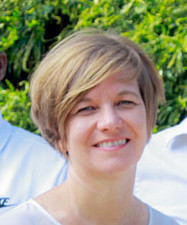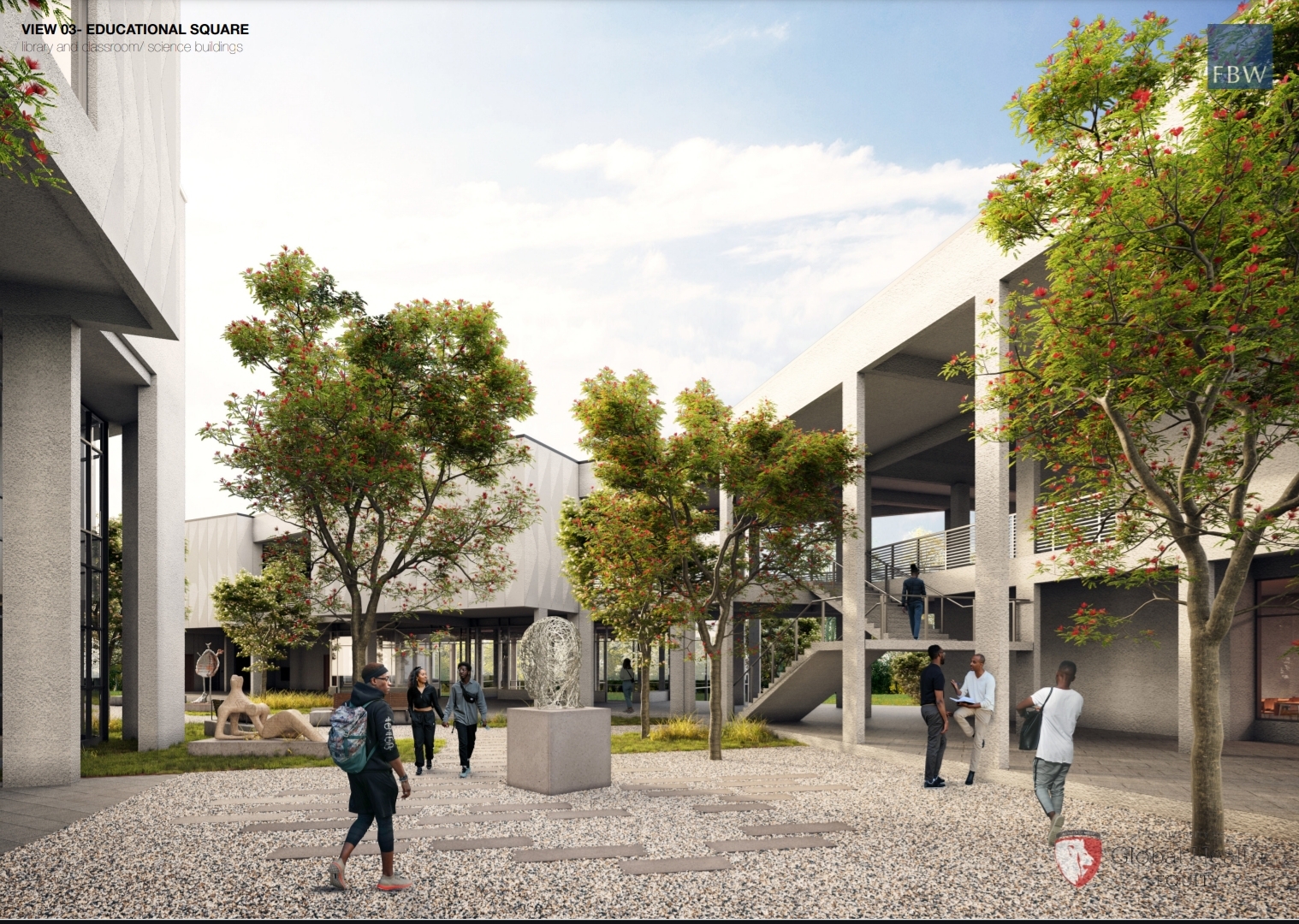The inaugural Africa Climate Summit highlighted the pressing need to deliver liveable cities with sustainability at their heart.
The role sustainable cities can play in becoming the centre of Africa’s “resilient future” was highlighted at the Africa Climate Summit, hosted by the government of Kenya in Nairobi, and during Africa Climate Week, which ran alongside the summit.
Following the gathering, African leaders committed to implementing policies, regulations and incentives aimed at attracting local, regional and global investment in green growth and inclusive economies.
Their calls to action include “leapfrogging” traditional industrial development and fostering green production and supply chains on a global scale.
The leaders’ statement also declared that investment into carbon credits should place Africa on the receiving side for green finance and spur sustainable transformations in fast growing African cities, in line with the UN development goals.
Welcoming the commitments to green growth, FBW Group, part of the team tasked with delivering the trailblazing Kigali Green City project in the Rwandan capital, believes integrated climate solutions at a local level need to be accelerated.
These include scaling up the production and use of sustainable building materials, nature-based solutions, renewable energy and better transport solutions.
FBW also believes more global investment is needed to develop the local manufacturing of specialised products, to create African supply chains based on a circular economy rather than imports and to deliver more local jobs.
The Kigali Green City project FBW is involved in is looking to demonstrate that building green is “a necessity, not a luxury”.
The firm’s initial roles in the Green City project include suggestions on local material supply, environmental standards and stakeholder engagement and submissions.
 Antje Eckoldt, FBW Group director, says: “One of the aims of the project is to combine appropriate technologies, progressive thinking and the use of local skills and materials to show that this urban environment has everything it needs to sustain its community and for people to live green.”
Antje Eckoldt, FBW Group director, says: “One of the aims of the project is to combine appropriate technologies, progressive thinking and the use of local skills and materials to show that this urban environment has everything it needs to sustain its community and for people to live green.”
As part of its work towards creating a circular economy to unlock green growth, FBW has been exploring local low-carbon construction methods and materials and how they can be used to their maximum affect.
That work includes collaborating with sustainable building material innovators such as Oxara on the use of new products to create stabilised earth blocks and other building material applications without the use of cement. It is an ongoing project.
Antje says: “If we are to reduce construction carbon impacts, including the reduction in the carbon impact of transporting materials over long distances, we need to deliver local solutions using local materials found on site for the majority of construction.
“Materials such as earth are stone were traditionally used in most cultures and they can be easily re-used and recycled as buildings come to the end of their life.
“We also need to scale-up production of these materials and create strong local supply chains that in turn deliver much needed employment.”
The mayors and governors of 12 African cities and metropolitan areas used the climate summit to call on national and international leaders to support them in creating “good, green jobs” and accelerating the transition to a sustainable economy.
FBW Group believes a strong and sustainable economic strategy has the potential to create tens of thousands of those jobs across Africa, in construction, green energy and other sectors.
FBW Group has been at the cutting edge of sustainable design and construction in Africa for more than two decades.
During that time it has gained a wealth of practical experience in the design and delivery of sustainable building solutions and green principles form an integral part of the design thinking that underlies all its work.
As part of its continuing commitment to ‘build green’ and to advocate for green buildings it is also a member of the Kenyan Green Building Society, part of the World Green Building Council. It is also a champion of the EDGE green building certification system.
Its team has been working with the International School of Kigali (ISK) to create a 21st Century ‘green’ campus. All its buildings have been designed to be constructed using locally made, eco-friendly brickwork, fired through a low embodied carbon technique.
Sustainability was another large consideration in its delivery of a masterplan for the University of Global Health Equity (UGHE) campus expansion project in Rwanda.
FBW also designed the campus in response to the distinctive climate that its highland forest setting brings, creating a pedestrian-friendly environment focusing on the natural landscape to provide external spaces for studying, physical activity and social interaction.

